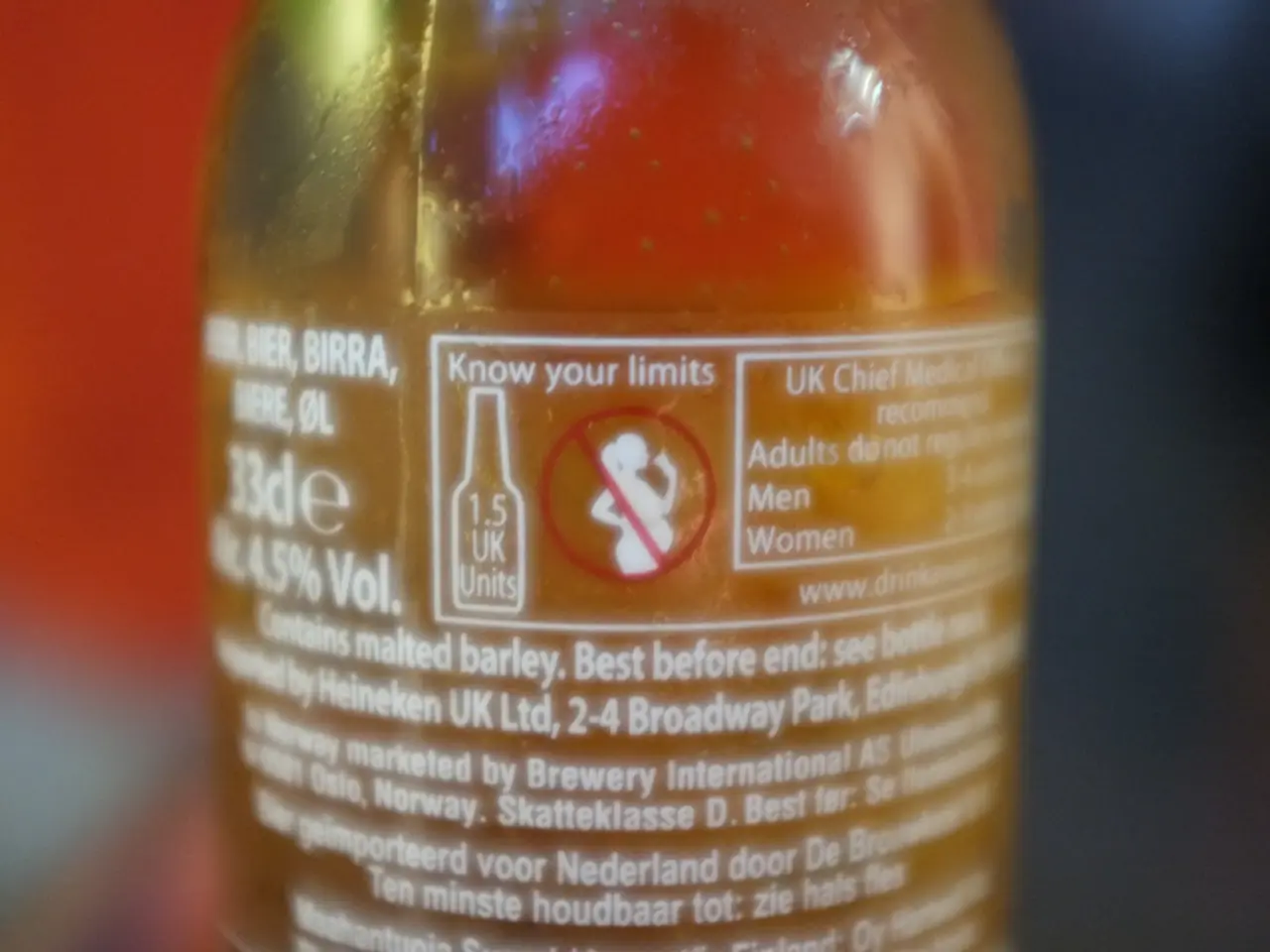Safe Cold Medicines for Diabetics: A Guide
In the face of common illnesses like colds and flu, people with diabetes need to take extra precautions to manage their health effectively. Here are some tips to help navigate through these challenging times.
First and foremost, following good hygiene practices is crucial. This includes proper hand washing, disinfecting objects, following coughing and sneezing etiquette, avoiding touching the eyes, nose, or mouth, and maintaining a distance from sick individuals. The Centers for Disease Control and Prevention (CDC) recommends these practices to prevent the spread of illnesses [1].
When it comes to cold and flu medications, it's essential to choose wisely. Many over-the-counter options may contain sugar or ingredients that can raise blood sugar or interact with diabetes medications. Always check the ingredients and consult a healthcare provider before use [5].
Acetaminophen (paracetamol) is generally safe for treating fever and aches in people with diabetes. However, decongestants such as pseudoephedrine can raise blood pressure and blood sugar. Care should be taken with these, and they should be used only if advised by a healthcare professional [5].
During sick days, people with diabetes should closely monitor their blood sugar levels more frequently. Infections and dehydration can cause blood sugars to fluctuate or rise. Adequate hydration is crucial to avoid dehydration, which can raise blood sugar and reduce insulin effectiveness [1].
Adjusting insulin or oral diabetes medication dosing may be necessary during sick days, under physician guidance [1]. If symptoms worsen or blood sugar is hard to control during illness, medical evaluation is advised.
If a person with diabetes cannot eat meals, it's sensible to have fast-acting carbohydrates, such as juices or glucose-rich drinks, nearby. Illness puts additional stress on a person's body, leading to the release of stress hormones that increase blood glucose levels [2].
Individuals with hypertension may want to avoid using decongestants because they may further increase blood pressure. Many decongestants contain pseudoephedrine [4].
If a person with diabetes loses their appetite or experiences diarrhea, their blood sugar may drop. In such cases, they may consider drinks like juice, sports drinks, regular soda (not sugar-free), milk, yogurt, soup, broth, or bouillon, regular gelatin (not sugar-free), ice pops, saltine crackers, and dry toast [3].
It's advisable for a person with diabetes to have a sick day plan, including enough medication, easy-to-prepare foods, and medical supplies. The American Diabetes Association (ADA) suggests that a person with diabetes use cold medicines that are sugar-free and may advise avoiding decongestants if the person has hypertension [6]. If necessary, a person may want to discuss an action plan with their healthcare team.
Lastly, if a person with diabetes experiences difficulty breathing, high ketone levels, inability to keep foods or liquids down, difficulty eating, weight loss, very low blood sugar, vomiting and diarrhea, a fever, sleepiness or an inability to think clearly, they should seek emergency care [2].
Remember, diabetes is a group of conditions that impair the body's ability to process glucose and maintain blood sugar levels. By following these guidelines, people with diabetes can manage their health effectively during illnesses, ensuring a safer and more comfortable sick day.
- People with diabetes need to have a sick day plan, which includes enough medication, easy-to-prepare foods, and medical supplies.
- If a person with diabetes experiences difficulty breathing, they should seek emergency care.
- High ketone levels in a person with diabetes can be a sign of a serious condition and require immediate medical attention.
- Individuals with hypertension should avoid using decongestants because they may further increase blood pressure.
- Many over-the-counter cold and flu medications may contain sugar or ingredients that can raise blood sugar or interact with diabetes medications.
- Proper hand washing, disinfecting objects, following coughing and sneezing etiquette, avoiding touching the eyes, nose, or mouth, and maintaining a distance from sick individuals are important practices to prevent the spread of illnesses.
- The CDC recommends these practices to prevent the spread of illnesses.
- Acetaminophen (paracetamol) is generally safe for treating fever and aches in people with diabetes.
- Decongestants such as pseudoephedrine can raise blood pressure and blood sugar and should be used only if advised by a healthcare professional.
- Adequate hydration is crucial to avoid dehydration during illness, which can raise blood sugar and reduce insulin effectiveness.
- Infections and dehydration can cause blood sugars to fluctuate or rise during sick days.
- When it comes to diabetes, hydration is an important aspect of health-and-wellness, especially during illnesses.
- If a person with diabetes loses their appetite or experiences diarrhea, their blood sugar may drop, and they may consider drinks that contain carbohydrates to manage their blood sugar levels.




